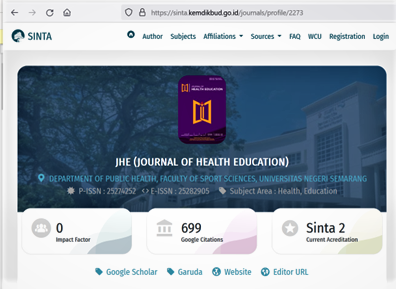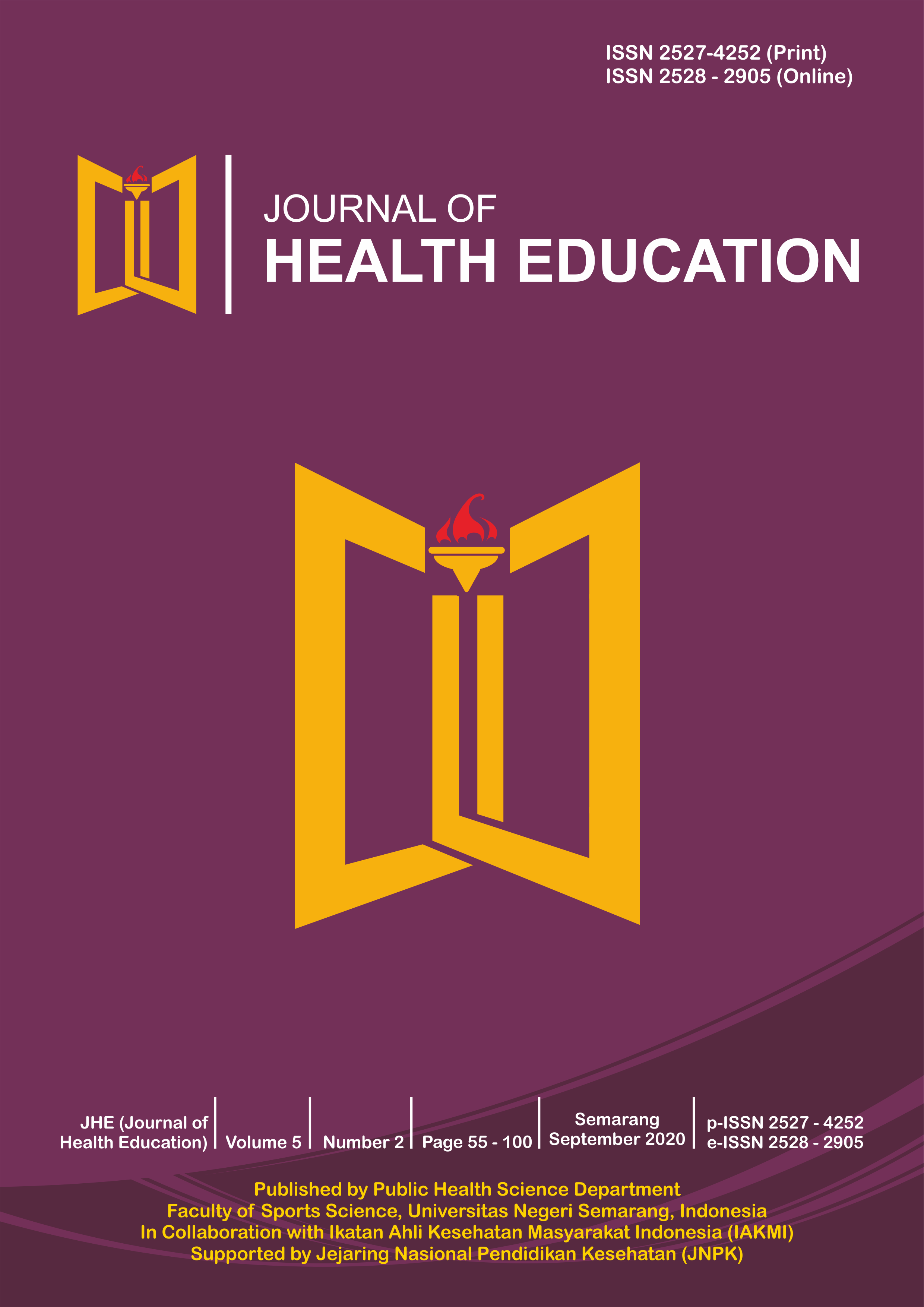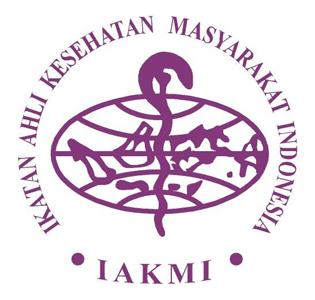Factors Related to Colostrum Feeding of Postpartum Mother at Public Health Center in Kudus
Abstract
Background: Colostrum is important for babies because it contains many nutrients and body defense substances. The practice of breastfeeding is still lacking and they prefer to give MP-ASI the reason that the baby grows faster, some even believe that colostrum is excrement that must be disposed of. Constraints in giving colostrum are lack of knowledge and wrong beliefs, many mothers do not give colostrum to their babies, and colostrum will adversely affect the health of babies. The purpose of this study was to determine the factors associated with colostrum breastfeeding.
Metode: An analytical descriptive method with the cross sectional approach. The sample of this study was 100 postpartum mothers at the Kudus district health center taken by total sampling, the analysis of this research was carried out by chi-square test, and multivariate analysis with multiple logistic regression. The method used is the enter method. This entry method is carried out repeatedly by removing the independent variable that has the largest p value until leaving the independent variable which has a p value <0.05 in the Wald test. The research instrument used a questionnaire.
Results: The most influential factor on colostrum breastfeeding for newborns was the support of health workers having a value (OR = 13,800, 95% CI = 1,570 – 121,266, p = 0.018 with) meaning that respondents who received support from health workers had a probability of 13,800 times the effect of colostrum breastfeeding in newborns compared to respondents who did not receive the support of health workers.
Conclusion: There is a relationship between Knowledge, exposure to formula milk and support from health workers with colostrum breastfeeding and no husband support with colostrum breastfeeding






